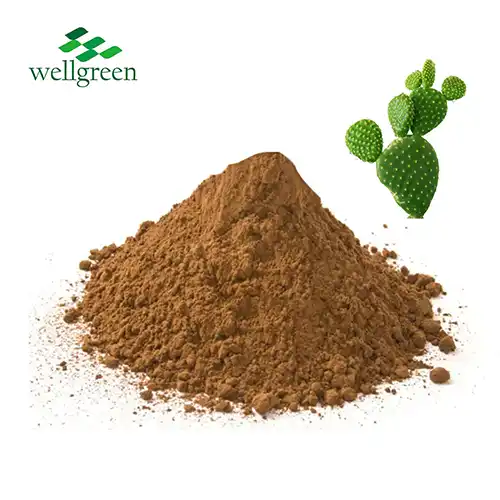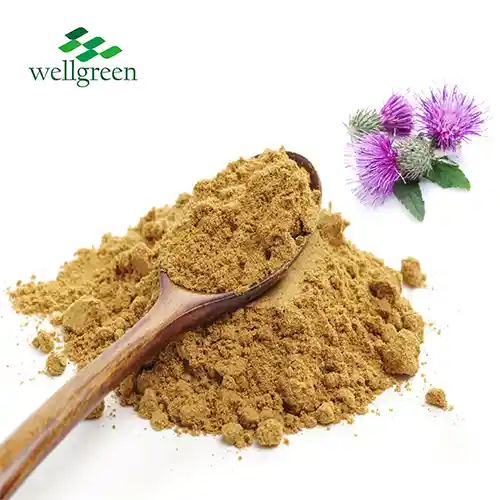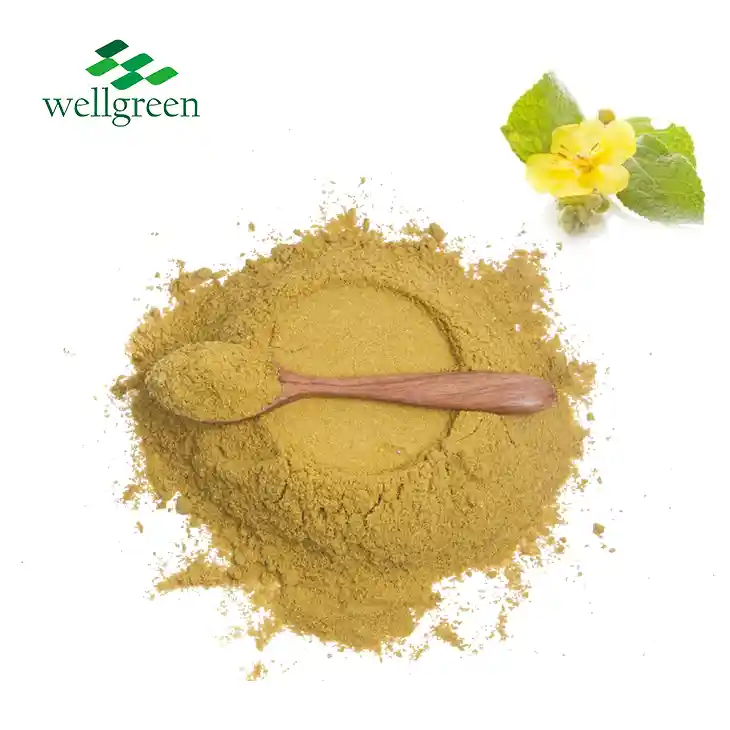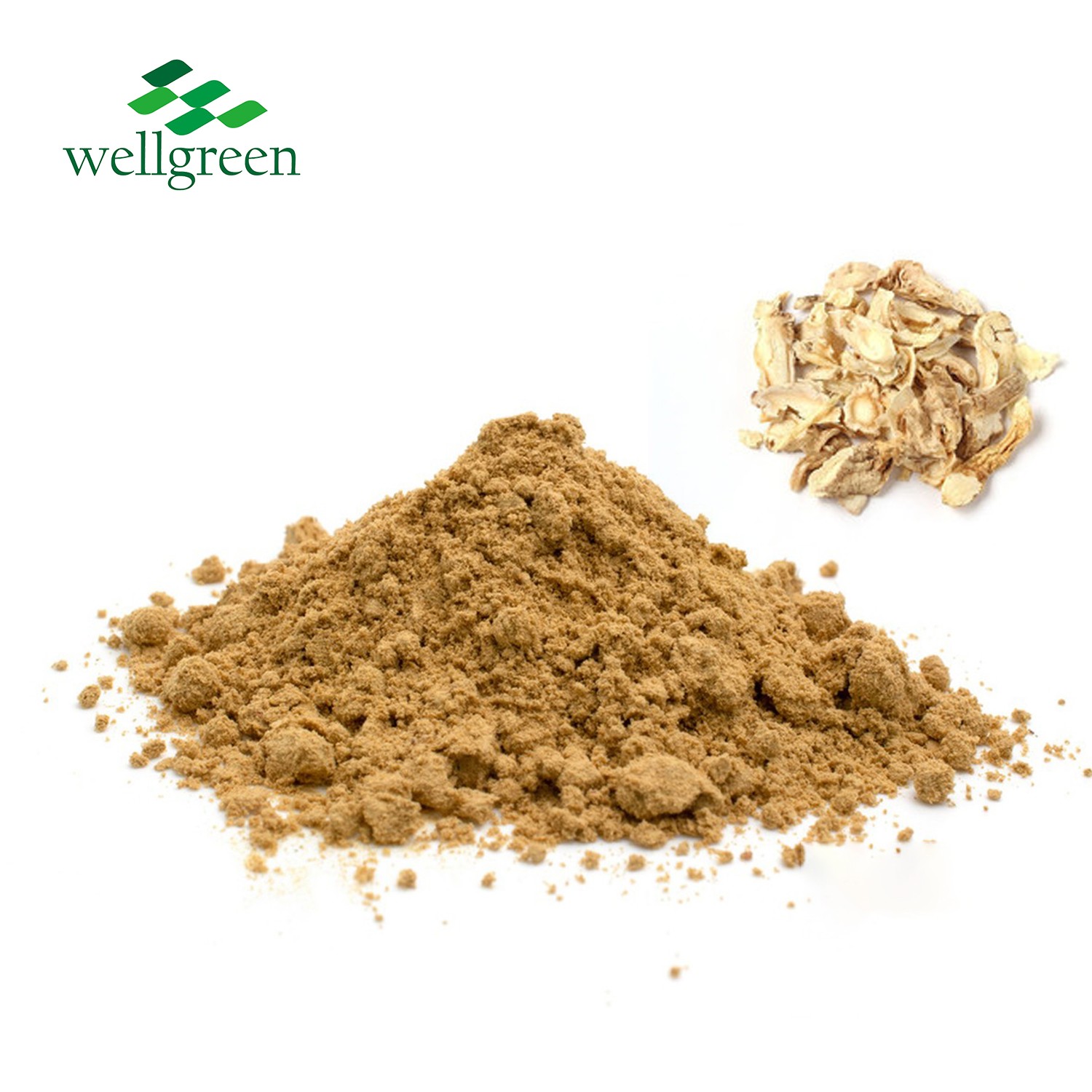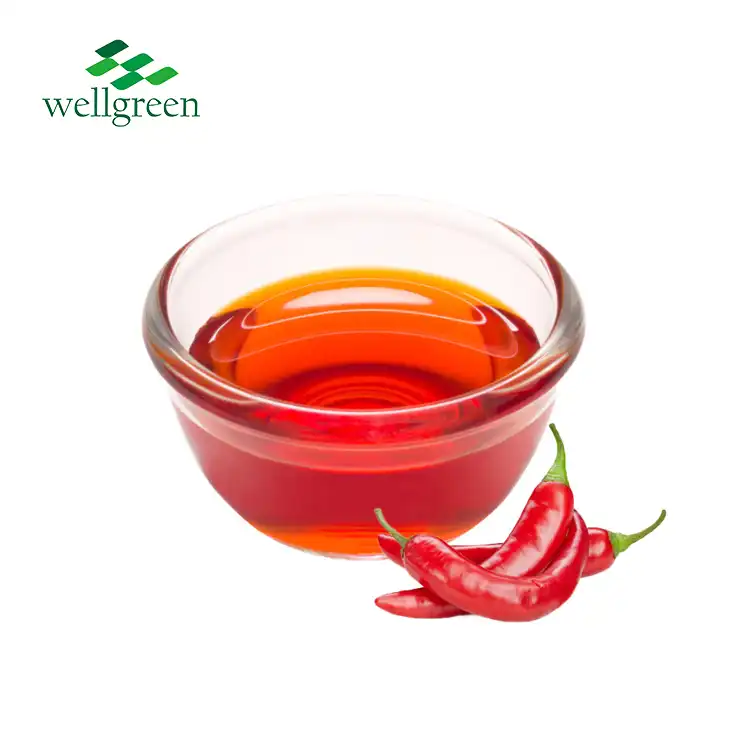How Does Piperine Increase Bioavailability?
2024-01-17 15:13:27
Piperine, the bioactive compound set up in black pepper, has long been celebrated for its remarkable capability to enhance the bioavailability of colorful nutrients and medicines. This guide delves into the fascinating mechanisms through which piperine powder its influence, revolutionizing the absorption of substances in the mortal body.
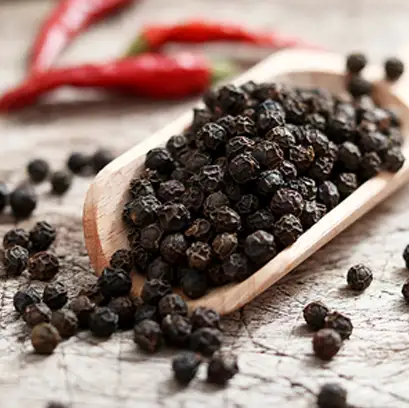
Piperine's prowess in enhancing bioavailability is a multifaceted miracle, involving intricate relations at colorful situations, from enzymatic inhibition to cellular permeability changes. Understanding these mechanisms not only sheds light on the pharmacological significance of piperine powder but also opens avenues for optimizing the absorption of remedial agents.
What is piperine?
Piperine is generally sourced from black pepper, a flowering vine native to South India. It's also present in other plants belonging to the Piperaceae family. Piperine, an alkaloid set up in black pepper( Piper nigrum) and long pepper( Piper longum), is a bioactive compound that has captured the attention of experimenters and health enthusiasts likewise. Renowned for its part in enhancing the flavor of culinary dishes, piperine boasts a diapason of implicit health benefits, making it a subject of scientific disquisition. Chemically, piperine is an amide alkaloid with the molecular formula C17H19NO3. Its unique structure contributes to its bioactive parcels.
Piperine is responsible for the characteristic pungency of black pepper. Its capability to stimulate the taste buds and elicit a spicy sensation is integral to the culinary experience. Piperine's chemical structure is characterized by a unique arrangement of carbon tittles, contributing to its distinct parcels. It's this molecular configuration that imparts the pungent taste and characteristic aroma associated with black pepper. Piperine has gained recognition for its capability to enhance the absorption of colorful nutrients, a property that has been considerably studied. It achieves this by inhibiting enzymes responsible for the metabolism of certain composites in the gastrointestinal tract. Piperine exhibits antioxidant goods, negativing free radicals and potentially mitigating oxidative stress. These properties contribute to its implicit part in combating inflammation and certain habitual conditions. Studies suggest that organic piperine powder may exertanti-inflammatory goods, making it a subject of interest in conditions associated with inflammation. primary exploration has explored piperine's neuroprotective parcels, suggesting a implicit part in supporting cognitive health. In Ayurveda, the traditional medicine system of India, piperine- containing herbs like black pepper have been used for centuries to address colorful health concerns. Traditional medicine systems in other societies also fete the implicit health benefits of piperine-rich sources.
Piperine, the unassuming compound responsible for pepper's distinct kick, holds promise as more than just a culinary delight. Its potential health benefits, coupled with its role in traditional medicine, continue to fuel scientific inquiry and innovations in the wellness industry.
How does piperine work?
Piperine is known for its capability to inhibit certain enzymes involved in medicine and nutrient metabolism. One of the most notable enzymes affected is cytochrome P450, which plays a pivotal part in the metabolism of medicines and xenobiotics. By inhibiting these enzymes, piperine enhances the bioavailability of colorful nutrients and composites, including vitamins, minerals, and phytochemicals.
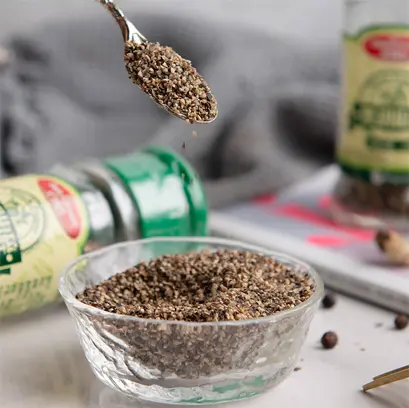 Piperine powder bulk has been shown to interact with cell membranes, impacting their permeability. This interaction may contribute to increased absorption of nutrients and bioactive composites across the intestinal membrane. The modulation of membrane permeability is a crucial aspect of piperine's medium in enhancing nutrient absorption. Piperine has been set up to spark transient receptor potential vanilloid 1( TRPV1) receptors, analogous to capsaicin, the compound responsible for the spiciness of chili peppers. TRPV1 activation may contribute to thermogenesis and metabolism regulation, offering implicit benefits for weight operation. Piperine shows modulatory goods on monoamine neurotransmitters, including serotonin and dopamine. These neurotransmitters play pivotal places in mood regulation and cognitive function. Piperine's influence on neurotransmitter situations may contribute to its reported antidepressant and cognitive- enhancing goods. Piperine has demonstratedanti-inflammatory goods by suppressing colorful inflammatory intercessors. It inhibits the exertion of enzymes like cyclooxygenase and lipoxygenase, reducing the product ofpro-inflammatory prostaglandins and leukotrienes. This anti-inflammatory action is associated with potential benefits for conditions characterized by chronic inflammation.
Piperine powder bulk has been shown to interact with cell membranes, impacting their permeability. This interaction may contribute to increased absorption of nutrients and bioactive composites across the intestinal membrane. The modulation of membrane permeability is a crucial aspect of piperine's medium in enhancing nutrient absorption. Piperine has been set up to spark transient receptor potential vanilloid 1( TRPV1) receptors, analogous to capsaicin, the compound responsible for the spiciness of chili peppers. TRPV1 activation may contribute to thermogenesis and metabolism regulation, offering implicit benefits for weight operation. Piperine shows modulatory goods on monoamine neurotransmitters, including serotonin and dopamine. These neurotransmitters play pivotal places in mood regulation and cognitive function. Piperine's influence on neurotransmitter situations may contribute to its reported antidepressant and cognitive- enhancing goods. Piperine has demonstratedanti-inflammatory goods by suppressing colorful inflammatory intercessors. It inhibits the exertion of enzymes like cyclooxygenase and lipoxygenase, reducing the product ofpro-inflammatory prostaglandins and leukotrienes. This anti-inflammatory action is associated with potential benefits for conditions characterized by chronic inflammation.
Piperine's multifaceted mechanisms involve enhancing nutrient absorption, activating specific receptors, modulating neurotransmitters, exerting anti-inflammatory effects, and displaying antioxidant activity. While these mechanisms underpin its potential health benefits, further research is essential to fully unravel the intricacies of piperine's actions.
WELLGREEN is an innovation-driven manufacturer of herbal extracts since 2011 certified by ISO9001:2015, ISO22000, HALAL, KOSHER, HACCP, and Organic Certificate. If you need piperine powder, please contact us immediately, E-mail:wgt@allwellcn.com We can supply customized service as per your request.
References:
1. Han, H. K. (2011). The effects of black pepper on the intestinal absorption and hepatic metabolism of drugs. Expert Opinion on Drug Metabolism & Toxicology, 7(6), 721–729. doi:10.1517/17425255.2011.569206.
2. Srinivasan, K. (2007). Black pepper and its pungent principle-piperine: a review of diverse physiological effects. Critical Reviews in Food Science and Nutrition, 47(8), 735–748. doi:10.1080/10408390601062054.
3. Shoba, G., Joy, D., Joseph, T., Majeed, M., Rajendran, R., & Srinivas, P. S. S. R. (1998). Influence of piperine on the pharmacokinetics of curcumin in animals and human volunteers. Planta Medica, 64(04), 353–356. doi:10.1055/s-2006-957450.

